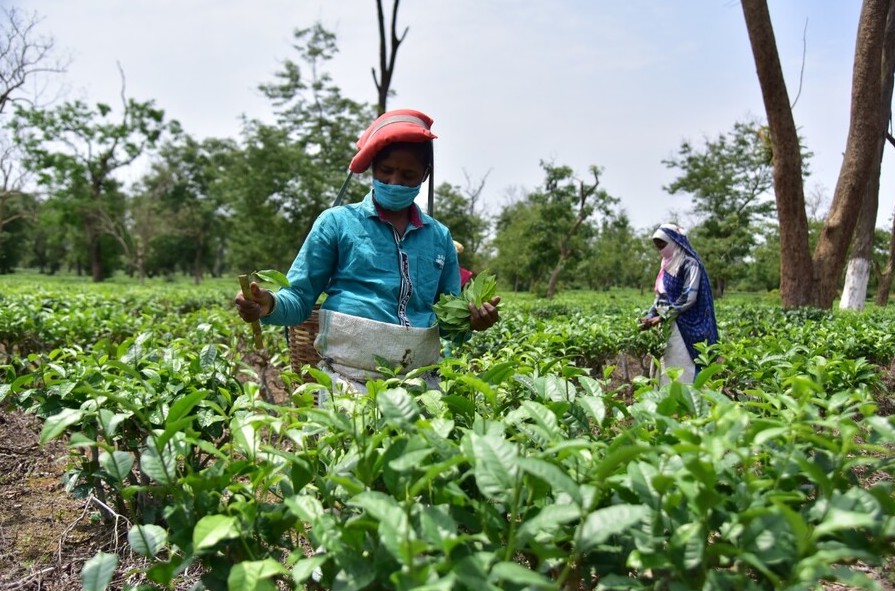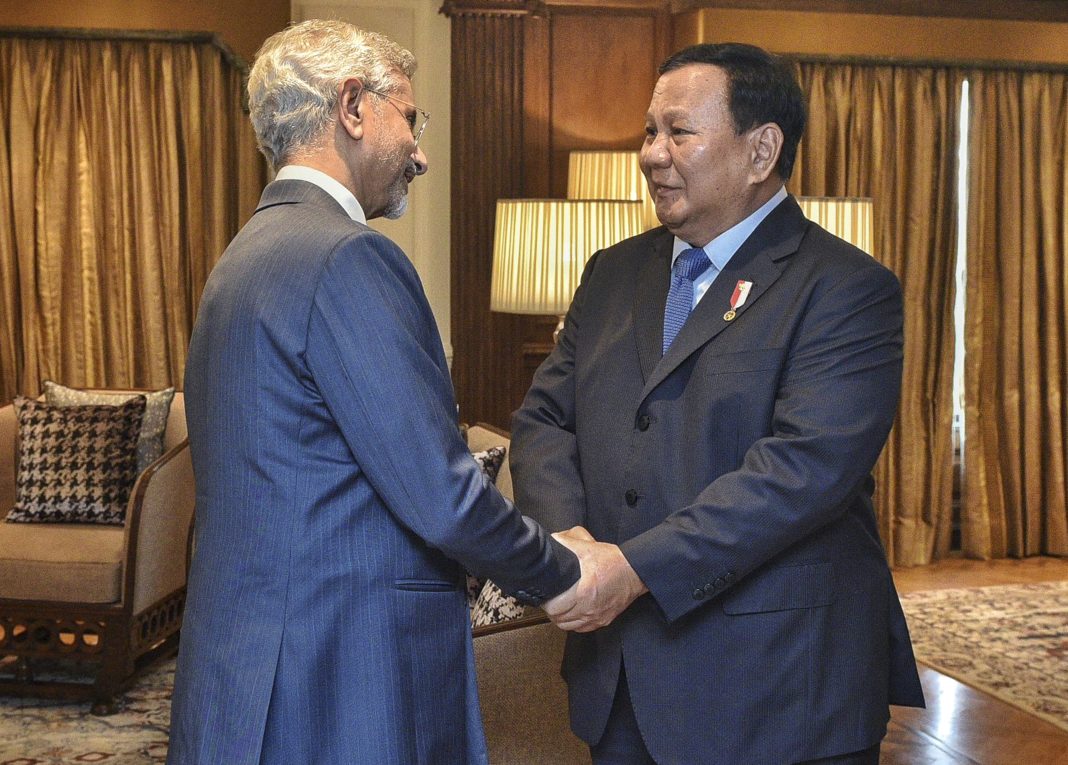Guwahati, Jan 24: The North East Confederation of Small Tea Growers Association (NECSTGA) has urged the Central government to halt restrictive regulations imposed by the Tea Board of India, arguing that these measures have failed to stabilize the market and are instead threatening the survival of Northeast’s small tea growers.
In a memorandum to Prime Minister Narendra Modi, NECSTGA president Diganta Phukon and secretary general Binod Buragohain strongly opposed mandatory auction sales and early closure of tea production, stating that the Tea Board lacks control over market dynamics, climate conditions, and tea imports.
Referring to unregulated imports undermining the Indian tea industry, the association said tea imports from Kenya surged by 288%, rising from 3.53 million kg (Jan–Oct 2023) to 13.71 million kg (Jan–Oct 2024). It said tea exports from Nepal to India increased by 55.7% in just six months.
The association stated that 119 million kg of old tea stocks remain at Mombasa auction centres, likely headed for India.
“The Tea Board’s early closure directive (December 1, 2024) was aimed at controlling oversupply but backfired due to surging imports. 35–40% of teas remained unsold at auction centres in Guwahati, Kolkata, and Siliguri between October and December 2024. During the same period, tea prices plummeted by 25–40%, severely impacting small tea growers,” the memorandum stated.
As regards to damaging impact on small tea growers, the NECSTGA said small tea growers contribute over 50% of Assam’s tea production, yet they face low green leaf price realization and rising production costs. The Tea Board’s directive to sell 100% dust grades exclusively through auctions has disrupted sales, delaying payments and reducing earnings.
It also said market oversupply claims are unsubstantiated, as no official data proves excess tea production in India.
The NECSTGA warned that cheap imports are being re-blended and re-exported as “Indian Tea,” damaging the global reputation of premium Assam and Northeast teas. The unchecked influx of foreign tea threatens local livelihoods, Assam’s rural economy, and India’s 200-year-old tea industry.
The association urged the Centre to stop mandatory auction sales and allow freedom to sell via private sales for better price realization.
It also urged the centre to reassess early closure policies, allowing tea growers to harvest high-quality leaves beyond December 1.
The NECSTA further urged the government to regulate tea imports from Nepal, Kenya, and Africa to safeguard the domestic tea market and investigate and prevent the re-export of imported teas as Indian-origin teas.
With declining demand, rising costs, and an outdated auction system, NECSTGA warned that continued policy missteps and unregulated imports will lead to the collapse of small tea growers in the Northeast.
The association has called for urgent intervention from PM Modi and the Central government to protect India’s tea industry and the millions of livelihoods dependent on it.




